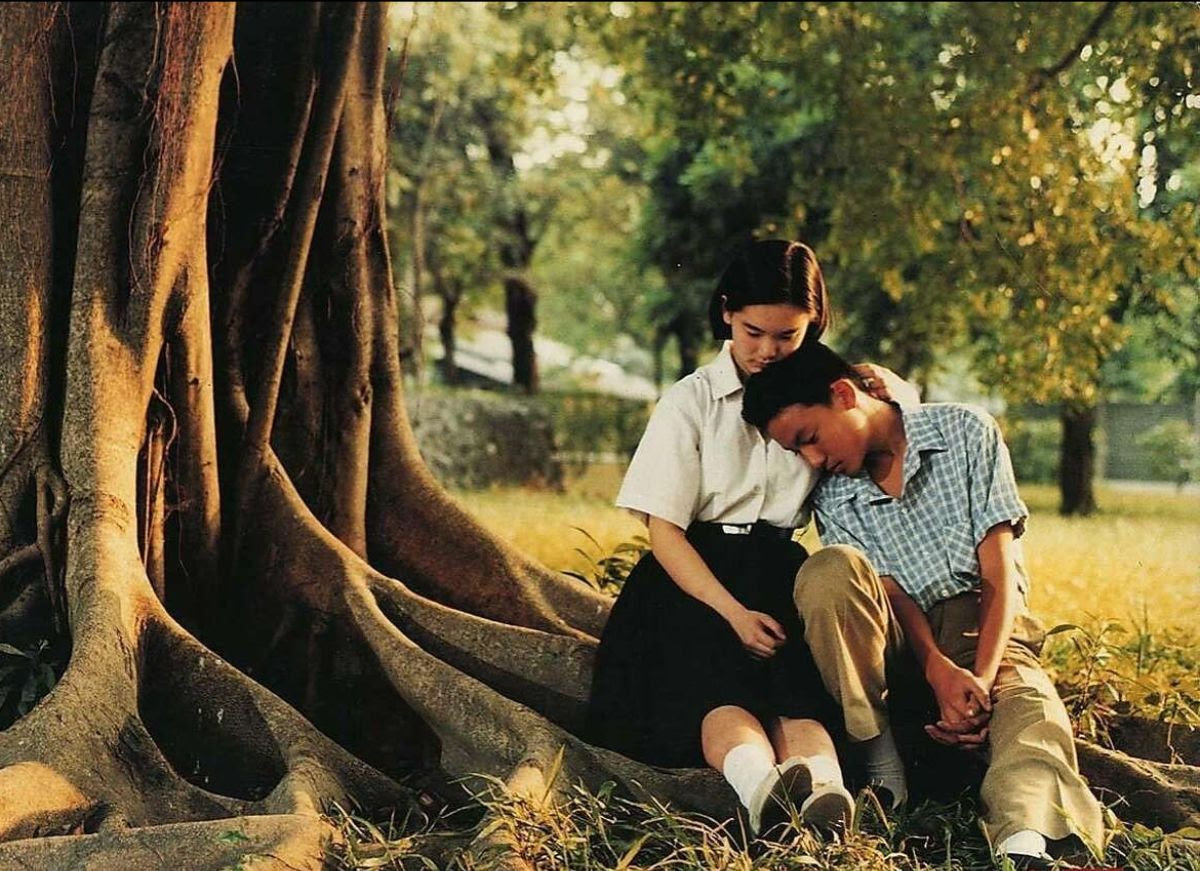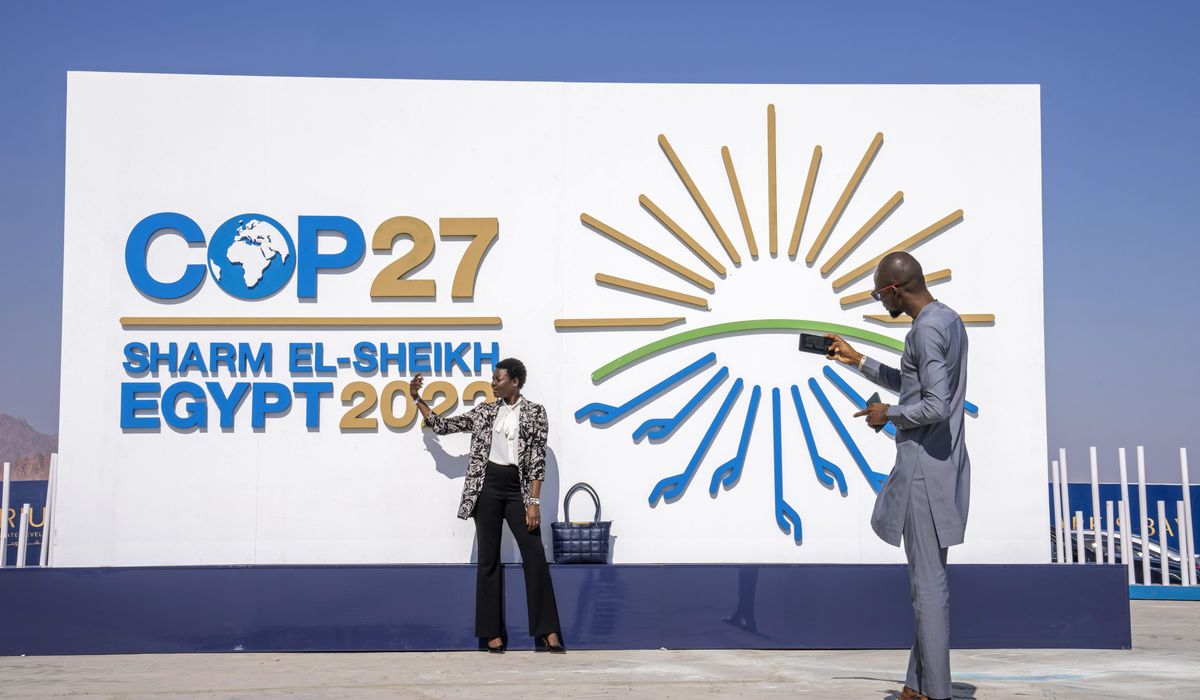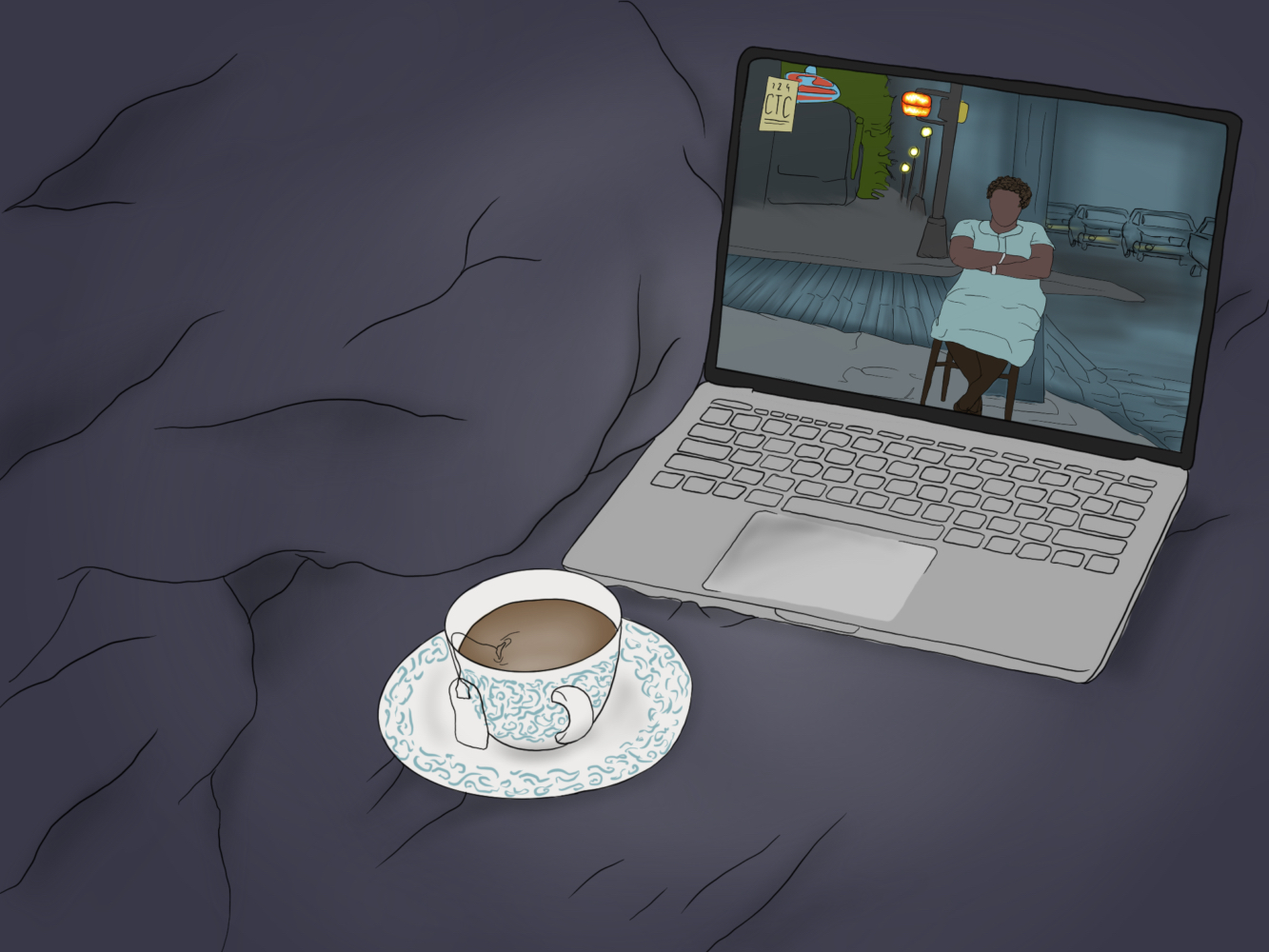New Waves: Discovering 1980s Taiwanese Cinema is a series of rare gems and classic films from this revolutionary period in film history. Tickets can be purchased at the Film Forum box office and on their website.
Frame: a frame from the film “Bright Summer Day”. Buy tickets for “New Waves” from November 11. (Courtesy of Cine Qua Non)
In partnership with the Taipei Cultural Center and the Taiwan Film and Audiovisual Institute, Film Forum, an independent repertory cinema, will host New Waves: Discovering Taiwanese Cinema of the 1980s. Starting from November 11 a two-week program will showcase what Film Forum describes as “a series of socially, critically and aesthetically innovative films” from this pivotal moment in film history. Series programmer Hayden Guest, who is director of the Harvard Film Archive, curated a selection of famous classics in consultation with Chinese-American director Wayne Wang, including some films rarely seen outside of Taiwan.
Beginning in the 1980s, the revitalization and renewal of the Taiwanese film industry was unlike any other international New Wave movement. Much of this has to do with the island’s tumultuous social history and the film culture that blossomed from this strife. Given Taiwan’s status as a Japanese colonial subject in the early 20th century, it never developed a strong local film industry. Only after the Kuomintang political party retreated from the mainland following the Chinese Civil War did state firms such as the Central Motion Picture Company produce many propaganda films. For a century, films from Hollywood and other Asian markets, especially Hong Kong, far outnumbered domestic films. To remedy the dire state of the industry, government officials tapped younger, lesser-known directors such as Edward Yang and Hou Xiao Hsien.
The result was a revolution on the screen; a new generation of Taiwanese authors reinterpreted the era’s aesthetic, narrative, and thematic conventions. Reminiscent of Italian neorealism and Japanese New Wave cinema, these films mainly focus on depicting the ordinary. Long takes and wide-angle shots are used extensively to immerse the viewer in scenes that feel like distant memories. Melodrama is mostly abandoned in favor of illustrations of trite vignettes. Unlike most other New Wave movements, however, filmmakers took advantage of their medium to look back on their past. Forced to work around state censorship, these films creatively reflect on collective trauma and contemporary realities. A history of bloodshed, colonialism and exile is reflected in the rapidly modernizing social landscape of modern Taiwan.
The New Waves program is a diverse collection of films that embody this key chapter in the film canon. World-renowned masterpieces, rare gems and seminal works will be on display throughout the program. Here’s a list of movies to watch and see on the big screen.
“In Our Time” (1982)
Directors: Tao Te-Cheng, Edward Yang, Ko Yi-Cheng and Chang Yi
The first of two Central Motion Picture Corporation almanac films produced in the early 1980s—the other being The Sandwich Man (1983)—Nowadays is arguably the genesis of new Taiwanese cinema. Consisting of four separate episodes, the omnibus explores the dichotomies that will arise basics of movement: rural versus urban lifestyles, and the related issues of early childhood and adolescence. While all of the episodes are integral to illustrating the larger picture of Taiwanese society, the most significant episode titled “Expectations” deals with a female protagonist who is lonely and out of touch with her environment. As the career-launching debut of legendary director Edward Young, this short film lays the groundwork for many of his future feature films; he continued to use the coming-of-age genre as a vehicle to address various social, political, and cultural issues in Taiwanese society.
“Taipei Story” (1985)
Directed by Edward Young
In his second feature film, Ian shows relationships and the metropolis at a crossroads. Taiwanese pop megastar Tsai Chin and fellow director Hou Hsiao-Hsien star as Chin and Lung, a couple gradually driven apart by opposing temporal realities. Chin navigates the bustling urban environment in search of the future, while Lung is reluctant to let go of the nostalgic memories of the past. As much as this film is a tragic novel, it is also an urban symphony; it reflects the duality of old and new in Taipei and Taiwanese society in general. Shots of dilapidated buildings engulfed in shadow contrast with the brightly lit modern structures of the city. Remnants of a bygone era are gradually disappearing from the rapidly evolving urban landscape. Ian forces us to face the uncomfortable prospect of change; while some may adapt to the changing tides, others cannot help but sink into the past.
“A Time to Live, a Time to Die” (1985)
Directed by Hou Hsiao-Hsien
Hou Xiao-Hsien’s semi-autobiographical account of his upbringing takes viewers through three decades of family dreams, suffering and loss. The account of this family in exile from the mainland, largely inspired by Howe’s own life experiences, demonstrates a similar philosophical conflict to that of The Taipei Story—tradition versus modernity—but in a different form. As we observe the world through A-Hsiao’s eyes, the process of growing up is defined by the stirring moments of teenage rebellion and the agony of intimate loss. As with much of Howe’s work, his use of long, continuous takes captures the resonant and dreamlike quality of internal memories. Through these extended scenes shot in Hou’s old family home in Fengshan, the viewer is given a false sense of familiarity with the area; it makes the choice between moving forward and staying in the past all the more painful.
Contact Mick Gow at [email protected]







